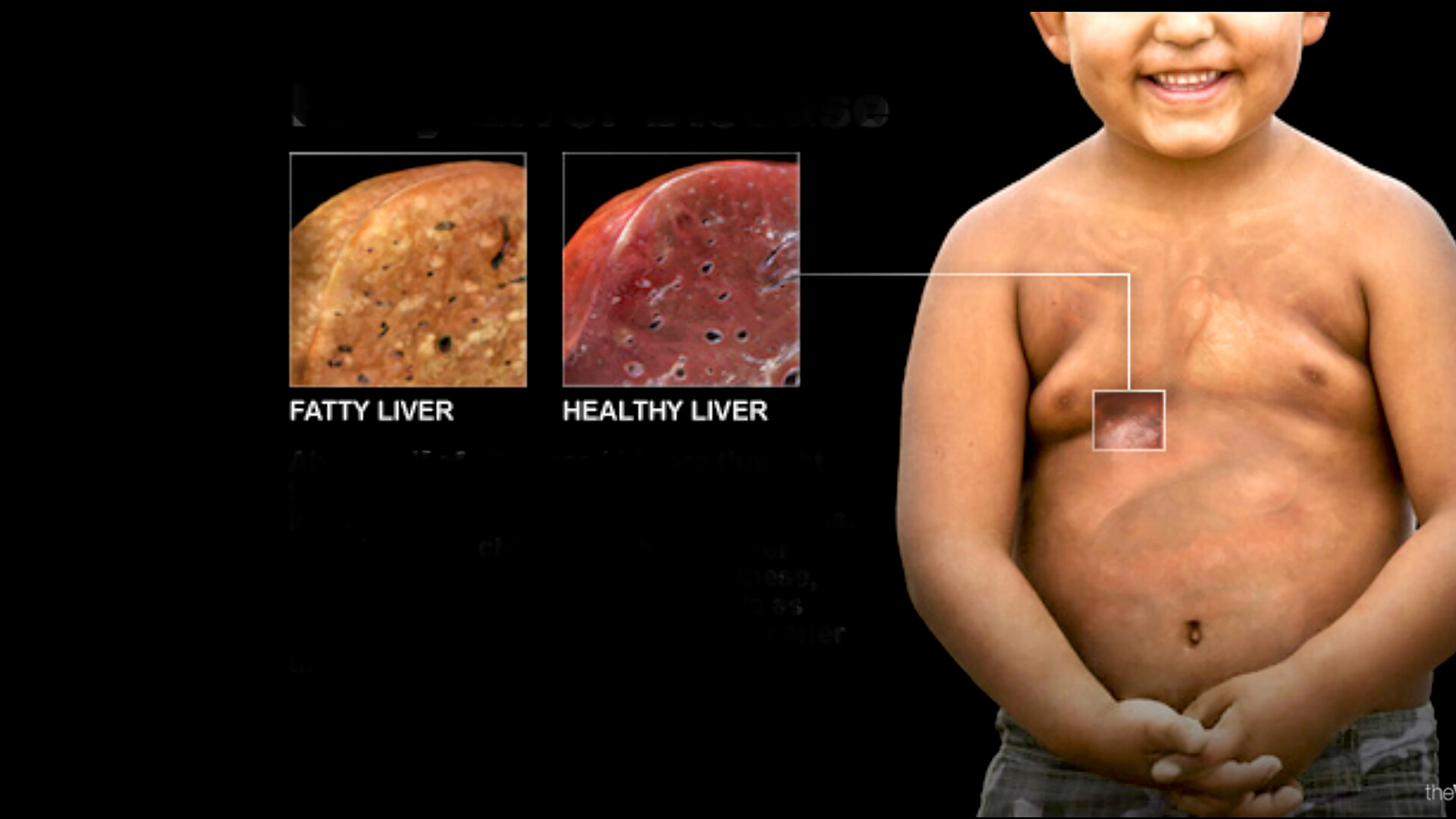India’s people and leaders need to face facts: the country has a big weight problem. Old eating habits are making folks unhealthy. Numbers don’t lie – 1 in 4 adults are too heavy, and even more have risky body shapes. Doctors are sounding the alarm, saying it’s time to change. They want Indians to eat more plant foods. But it’s not just up to doctors. Everyone – from families to the government – needs to step up. Schools should teach better eating. Cities need places for exercise.
Food companies must offer healthier choices. And each person has to make smarter food picks. This health problem would only worsen if India does not take immediate action. It’s time to make the necessary changes to the country’s nutrition and way of life. Extreme figures have been raised around the country, attracting the attention of medical professionals such as the Physicians Committee for Responsible Medicine (PCRM). It is highly suggested by the organization that Indians switch to a plant-based diet to combat this growing health concern.
The Rise of Obesity in India: A Complex Issue
The rise in obesity in India can be attributed to several factors, chief among them being the increasing availability and affordability of processed foods high in fat, sugar, and salt. Furthermore, there is a growing inclination towards unhealthy Indian food items like ghee-cooked dishes and deep-fried snacks, which are part of the Westernization of Indian diets. According to the PCRM, dietary products derived from animals, high-fat dairy, fried foods, and added sugars should be avoided in favor of diets that are focused on only lightly processed plant-based foods such as grains, legumes, vegetables, and fruits.
Dr. Zeeshan Ali, a specialist in nutrition and research programs at the PCRM, highlights the significance of dietary decisions in the fight against obesity. According to Dr. Ali, although genetics may play a role in an individual’s tendency to be obese, diet and lifestyle remain the primary factors that can be modified. He adds that addressing these factors is crucial not only for improving health but also for preventing chronic diseases such as type-2 diabetes, hypertension, and coronary heart disease.
The Health Risks of Obesity

India is currently grappling with a significant problem of obesity, placing third in the world in terms of obesity rates. A striking seven out of ten urban Indians are classified as overweight or obese, which heightens their susceptibility to conditions such as diabetes, heart disease, and high blood pressure. This pressing health issue necessitates immediate intervention from individuals, healthcare professionals, and policymakers alike. All stakeholders should assume accountability: individuals must opt for healthier food options and engage in more physical activity, healthcare providers need to educate patients about the risks associated with excessive weight, and the government must enforce measures that promote improved nutrition and increased physical activity.
Furthermore, schools, food companies, and urban planners have pivotal roles to play in fostering a healthier living environment. Failing to undertake prompt and coordinated initiatives will only exacerbate India’s obesity crisis, thereby posing a grave threat to the nation’s health and economy. The report also indicates that nearly 56.4% of India’s total disease burden is diet-related, underscoring the critical need for dietary interventions.
Obesity is more prevalent in urban areas, where lifestyle changes, greater intake of processed foods, and decreased physical activity have resulted in a rise in obesity rates. According to data from the National Family Health Survey, around 30% of men in tier-1 cities are overweight, and the obesity prevalence for urban women is more than twice that of rural areas.
The Health Benefits of a Plant-Based Diet

It can greatly improve health, especially with weight control and in the prevention of long-term illnesses. Evidence from research proves that increased intake of fruits, vegetables, whole grains, and beans can result in weight loss, a healthier heart, and a reduced risk of developing diabetes for a person. This way of eating provides lots of nutrients and fiber while being generally lower in calories and unhealthy fats. Plant-based protein options: https://theaspectratio.in/health-fitness/forget-meat-discover-the-top-7-plant-based-proteins-to-fuel-your-workouts-and-boost-your-health/
For India, shifting towards more plant-based meals could be a powerful tool against the obesity crisis. It aligns with many traditional Indian dishes that are already plant-heavy. However, making this change requires effort from many sides:
- Individuals need to learn about plant-based cooking and nutrition.
- Restaurants should offer more tasty plant-based options.
- Food companies could develop and promote plant-based products.
- The government could create policies that make plant-based foods more affordable and accessible.
- Health professionals should be trained to guide patients on plant-based eating.
- Media and influencers could help make plant-based diets more popular and appealing.
By embracing more plant-based meals, Indians can take a big step towards better health, potentially reversing the obesity trend and reducing the burden of chronic diseases on the healthcare system. Read more- https://www.cnbctv18.com/india/healthcare/the-growing-crisis-of-obesity-and-physical-inactivity-in-india-19458834.htm
A plant-based diet is also linked to lower levels of inflammation, better digestive health, and better blood sugar regulation. People can lower their chance of developing chronic diseases, attain and maintain a healthy weight, and enhance their general quality of life by emphasizing nutrient-dense, low-calorie foods.
The Growing Concern of “Diabesity” in India
India is facing a growing health crisis known as “diabesity” – a dangerous combination of diabetes and obesity that’s sweeping across the nation. This problem stems from the increasing adoption of Western-style diets high in processed foods, sugars, and unhealthy fats, coupled with increasingly sedentary lifestyles, especially in urban areas. The consequences are severe, with more Indians developing type 2 diabetes as obesity rates climb, creating a vicious cycle of poor health outcomes. This situation demands immediate and comprehensive action from all sectors of society.
Healthcare experts must treat obesity and diabetes together, not separately. They’re closely linked, and tackling both at once is key. The government needs to step up with new laws and programs to make healthy food cheaper and easier to get. This could mean taxing junk food or giving discounts on fruits and vegetables. Schools, workplaces, and neighborhoods all have a big job to do. They need to teach and encourage better eating and more exercise. Schools can offer healthier lunches and more PE classes. Companies can give workers time to be active and provide nutritious snacks. Communities can organize group activities and farmers’ markets.
The absence of a collective attempt to mitigate this health crisis may result in a future where a substantial portion of the Indian population suffers from somewhat preventable chronic diseases, impeding not only person-centered well-being but also progress at the national level. This requires the call for action now; every Indian citizen, from the individual and civic body to the policymaker, has to take responsibility for creating a healthy future for the nation.



 By
By
















